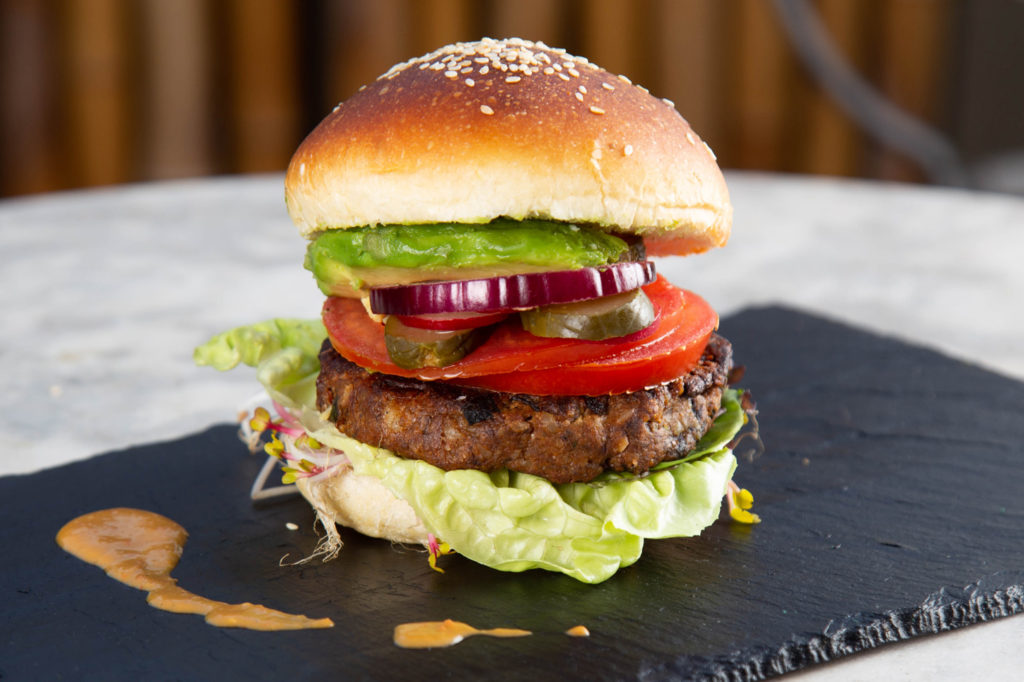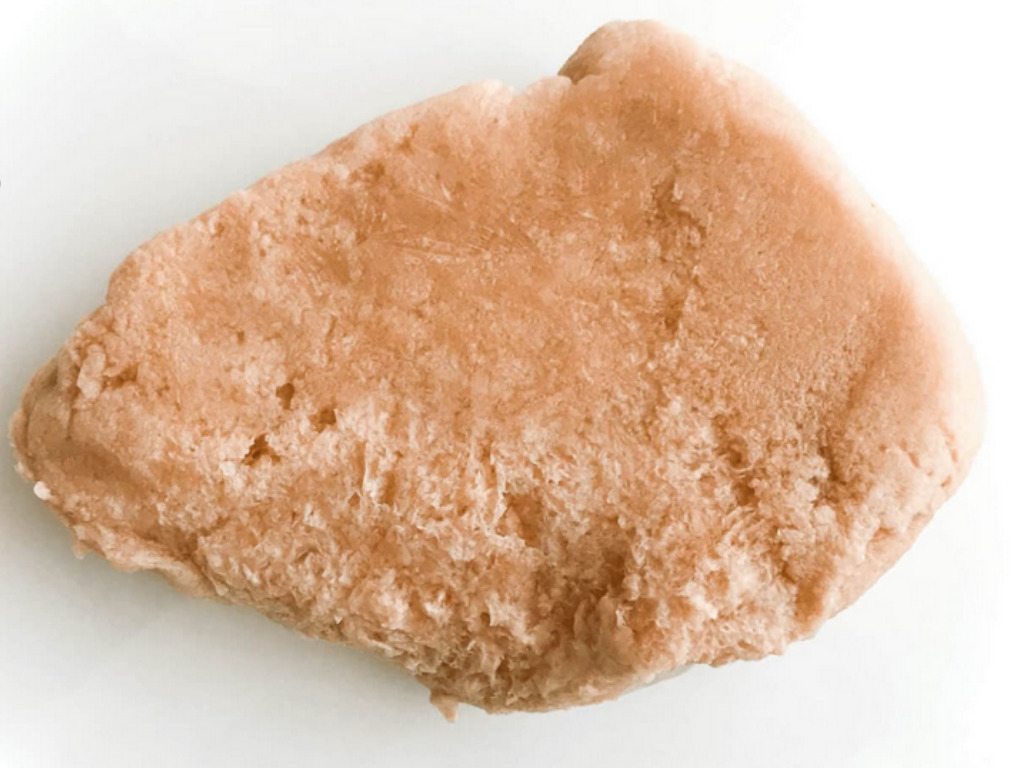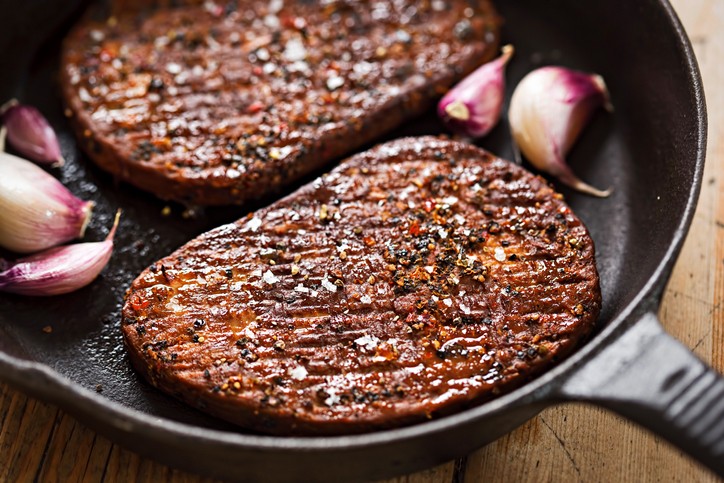Kernel Mycofoods Secures $15 Million To Support Delivery Of $250 Million In Reported Pre-Sale Orders
3 Mins Read
Buenos Aires food tech startup Kernel Mycofoods has announced an ambitious 2022 roadmap for its fungi-based meat alternative following a successful funding round. Led by Union Group Ventures, the round brings $15 million into the company. Capital will be used to ramp up production and delivery of its fungi protein solutions. Strategic partnerships are being actively sought alongside.
Like its Chilean cousins, Kernel uses AI and automated production to streamline its precision fermentation manufacturing process. The company claims to have secured more than $250 million in product orders, which will begin shipping in early 2022. In the same year, new patents are projected for filing and multiple production facilities are slated for construction. A public listing has been alluded to for late 2022.

Scaleable, sustainable and affordable
The alternative protein industry is predicted to reach $290 billion by 2035. To tap into the trend, Kernel has created a non-GMO vegan protein source from fungi. Given FDA approval, the development is 97 percent less environmentally damaging than beef, according to the company. It says that it is 11 percent more sustainable than soy, though it does create more CO2 emissions per kilogram. The proprietary protein has been developed to create a scalable and cost-effective alternative to meat.
Following the $15 million, Kernel has plans to significantly increase its production footprint. Chief amongst proposed new sites will be a facility with a capacity of up to 50,000 tonnes, completed within five years. “Biotechnology and AI are beginning to converge, and by harnessing them we will reduce both price and time to market,” COO Lucas Gago said in a statement.
Kernel plans to leverage its position to form strategic relationships with key food producers. It will offer manufacturing optimisation through its own facilities. “We are delighted to support Kernel’s vision to become the future of food,” Union Group Ventures director Oscar Leon said.
The company secured institutional funding after winning the Phase 1 NASA Deep Space Food Challenge. It was named as a semi-finalist of the ongoing XPRIZE Feed the Next Billion competition last July.
No formal plans for public listing have been announced at the time of publication, merely speculated by Kernel itself. “Listing our business could allow investors targeting the sector to have an alternative to Impossible Foods, and one that is non-GMO,” CFO Miguel Neumann exclusively told Green Queen. “Every day you hear of a new celebrity going vegan, so it’s not going to be long until people start looking at animal-based products in the same light most people see tobacco today.”

Fungi for the future
Kernel is not alone in looking to fungi as a future food source. Last year, Wyoming’s Nature’s Fynd announced a successful $350 million Series C funding round to commercialise its fungi protein. Called ‘Fy’, the protein is created using fermentation and can be used to develop a range of products including sausage patties and cream cheese. The company earmarked its latest funding to help with the development of foods that can work “from breakfast to dinner and everything in between.”
Last November, Mycorena unveiled its latest fungi portfolio addition; a fat designed to make vegan steaks juicy. The Swedish startup developed the ingredient to allow plant-based meat manufacturers to improve their final products while removing the need for coconut oil.
Most recently, Barcelona’s Libre Foods revealed that it is looking to create fungi bacon. At present, E.U. approval is not yet granted for the use of mycelium in food products. Libre plans to use this to create a realistically meaty and fibrous texture in its meat alternatives. These are set to include whole cuts such as steak, once the bacon has been perfected.
All images courtesy of Kernel Mycofoods.





